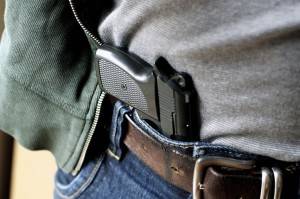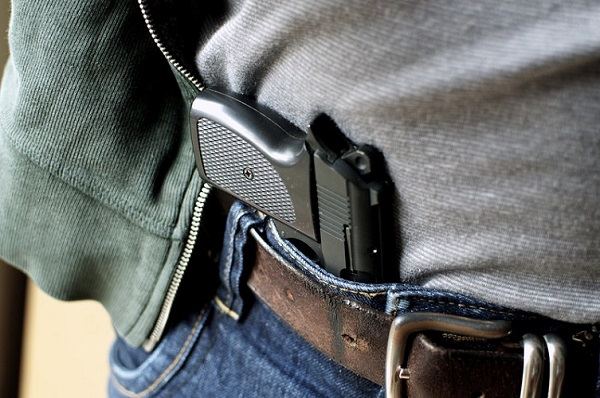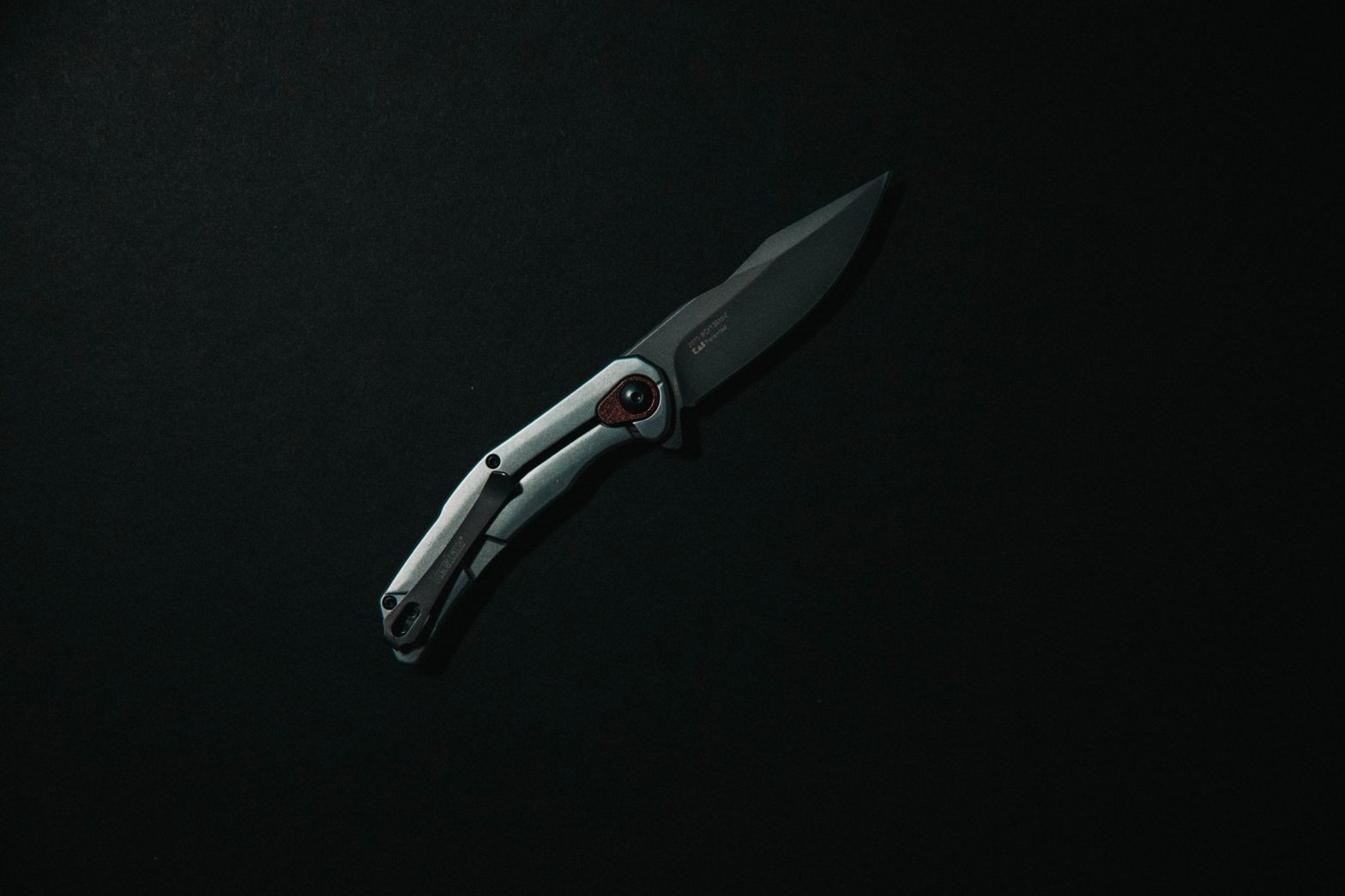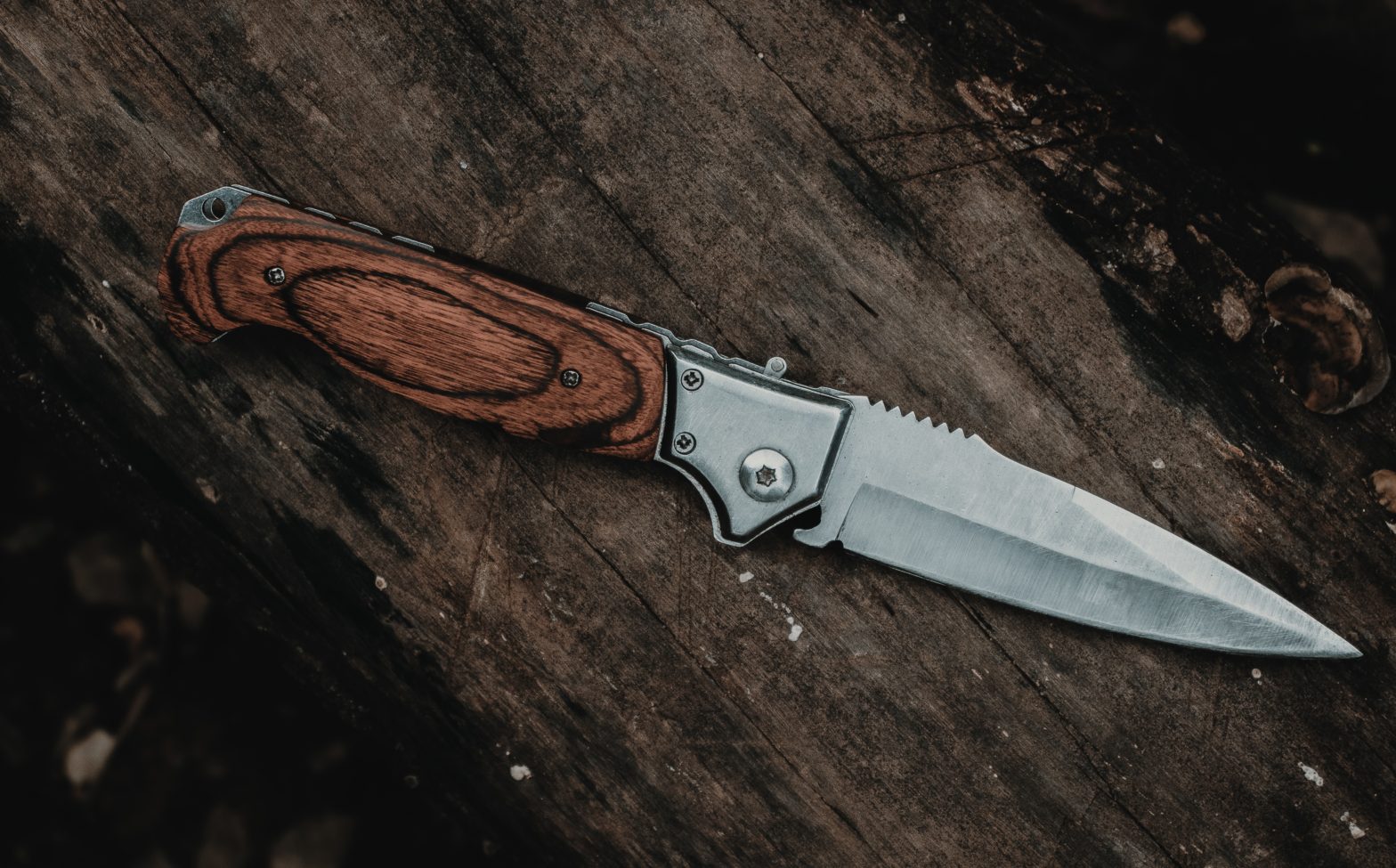How to Properly Obtain a Carry Concealed Weapon License in California (Penal Code Sections 26150 and 26155)
California law under Penal Code Sections 26150 and 26155 authorizes a county sheriff or city police chief to issue a permit to carry pistols, revolvers and other firearms capable of being concealed on your person.
Application for Carry Concealed Weapon License in California

In order to lawfully carry a concealed weapon in California, you must complete an application for a Carry Concealed Weapon (CCW) permit as required by a local licensing authority in addition to completing a California Department of Justice “Standard Initial and Renewal Application for License to Carry a Concealed Weapon.”
You must answer all questions truthfully as you will be required to declare and sign under penalty of perjury that your answers are true and correct. If you knowingly submit false information, you could be prosecuted for committing either a misdemeanor or a felony depending on the question you answered falsely.
Interview and Background Check
After you submit your application, you must make an appointment with the sheriff or police department for an interview. You will be interviewed by licensing authority staff to determine your eligibility.
All applicants for a CCW license will be fingerprinted and a state and federal background check will be conducted to determine if the applicant is prohibited from possessing firearms.
You may obtain a CCW license if you meet stringent eligibility requirements and pay all required application and state licensing fees.
Once you receive your CCW, you may carry a concealed weapon in public as authorized by California state law.
What Types of CCW Licenses Are Available?
There are four categories of CCW licenses:
- Employment: Available only to a person who spends a substantial period of time in his or her primary place of employment. Valid only in the issuing county and for a period not to exceed 90 days.
- Standard: Issued to residents of the county or city and valid for no more than 2 years.
- Judicial: Available to California and federal judges, commissioners and magistrates and valid for up to 3 years.
- Reserve Police Officer: May be issued to a reserve police officer pursuant to Penal Code Section 830.6 and is valid for 4 years or until conclusion of appointment.
Who May Be Issued a License?
The licensing authority specified in Penal Code sections 26150 and 26155 (a county sheriff or the chief of a city police department) may issue a license to persons upon proof of all of the following:
- The applicant is of good moral character;
- Meets residence requirements;
- Has completed a course of training; and
- Where the applicant demonstrates good cause for issuance of the CCW license.
Good Moral Character Standard
California law requires concealed weapon permit applicants to demonstrate proof of “good moral character” as a condition for being granted a CCW permit. The standard may be broadly applied and generally means you are not a prohibited person or otherwise ineligible for a CCW license due to a history of mental instability, violence, drug use or prior criminal arrests and/or convictions.
Prohibited Persons

If you are a “prohibited person,” you may not carry a firearm, either openly or concealed. California and federal law makes it illegal for certain persons to own and/or possess firearms, including but not limited to the following:
- A convicted felon;
- Any probationer with a condition not to possess or carry firearms or deadly weapons;
- Any person who is convicted of certain misdemeanors involving a deadly weapon or domestic violence;
- Any person who is subject to a Temporary or Permanent Restraining Order or an Emergency Protective Order;
- A person found by a court to be mentally disordered or diagnosed with a mental illness;
- A drug addict or alcoholic;
- A person facing felony charges;
- A dishonorably discharged U.S. military veteran;
- An illegal alien;
- Any person who has renounced his or her U.S. Citizenship; or
- A fugitive from justice.
Residence Requirement
California law requires that a person interested in obtaining a CCW license must apply in the jurisdiction (county or city within the county) where he or she resides, or is substantially and principally employed. Proof of residency is required such as a current utility bill, lease agreement, mortgage loan documentation or residential property deed.
Training Requirement
Penal Code Sections 26150 and 26155 specify that new license applicants must complete an accepted course of training of not more than 16 hours, which includes instruction on firearms safety and state and federal laws regarding the authorized use of a firearm, or a community college course not to exceed 24 hours certified by the Commission on Peace Officer Standards and Training.
For license renewal applicants, the course of training may be any course acceptable to the licensing authority, must be a minimum of four hours in length, and must include instruction on firearm safety and the law regarding permissible use of a firearm.
Psychological Testing
In addition to licensing requirements as specified by the licensing authority, California authorities may require psychological testing on an initial CCW permit application.
Additional psychological testing of an applicant seeking license renewal shall be required only if there is compelling evidence to indicate that a test is necessary (Penal Code Section 26190 (f)).
Good Cause Requirement

California applicants may be required to demonstrate that good cause exists prior to being issued a CCW license. “Good cause” may be shown by:
“Convincing evidence of a clear and present danger to life, or of great bodily harm to the applicant, his/her spouse, or dependent child, which cannot be adequately dealt with by existing law enforcement resources, and which danger cannot be reasonably avoided by alternative measures, and which danger would be significantly mitigated by the applicant’s carrying of a concealed firearm.”
However, the Ninth U.S. Circuit Court of Appeals struck down California’s “good cause” requirement to carry a concealed weapon in the recent case Peruta v. County of San Diego. The court ruled that the Second Amendment guarantees the right of a responsible, law-abiding citizen to carry a firearm in public for purposes of “self-defense.”
Many counties are waiting for further litigation before implementing the decision, but counties such as Orange County have already put it into effect.
Contact Wallin & Klarich if You Are Facing Concealed Weapon Charges
If you or someone you know has been accused of violating California’s concealed weapon laws, you should speak to an experienced criminal defense attorney from Wallin & Klarich immediately. Our attorneys at Wallin & Klarich have over 40 years of experience successfully defending our clients facing weapons charges in both state and federal courts.
With offices in Los Angeles, Sherman Oaks, Torrance, Tustin, San Diego, Riverside, San Bernardino, Ventura, West Covina and Victorville, our attorneys at Wallin & Klarich will make certain all of your constitutional rights are protected. We will employ every strategy available to help you get the best result possible in your case.
Call us today at (877) 4-NO-JAIL or (877) 466-5245 for a free telephone consultation. We will get through this together.



